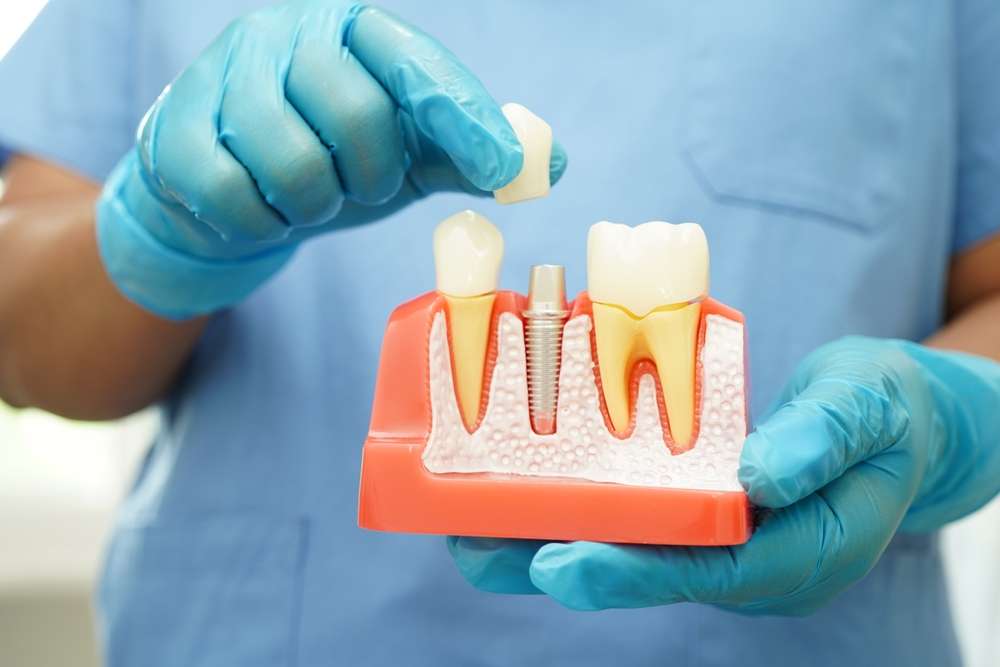The Ultimate Guide to Knee Replacement Cost for Seniors in The UK
Knee replacement surgery is a critical medical procedure that can significantly improve mobility and quality of life for seniors experiencing chronic knee pain or joint deterioration. Understanding the complexities of knee replacement, including surgical options, costs, and recovery processes, is essential for seniors considering this transformative medical intervention.

Knee replacement surgery has become one of the most common and successful procedures for seniors dealing with severe arthritis, injury, or degenerative joint conditions. As the UK population ages, understanding the financial and practical aspects of this surgery becomes increasingly important for patients and their families.
Knee Replacement Cost for Seniors in the UK Comprehensive Guide
The cost of knee replacement surgery in the UK varies significantly depending on whether you choose NHS or private treatment. For NHS patients, knee replacement surgery is provided free at the point of care, funded through general taxation and National Insurance contributions. However, waiting times can range from several months to over a year depending on clinical priority and regional capacity.
Private knee replacement surgery in the UK typically costs between £10,000 and £15,000 for a total knee replacement, though prices can reach £20,000 or more at premium facilities in London and other major cities. Partial knee replacements generally cost slightly less, ranging from £8,000 to £12,000. These figures include surgeon fees, hospital charges, anesthesia, and initial follow-up appointments, but additional costs may apply for extended physiotherapy or complications.
Seniors considering private treatment should factor in pre-operative assessments, which typically cost £200 to £500, and post-operative physiotherapy sessions, which range from £40 to £80 per session. Many patients require 6 to 12 physiotherapy sessions during recovery.
How Much Does Knee Replacement Surgery Cost UK
Breaking down the cost components helps seniors understand where their money goes in private treatment. The surgeon’s fee typically accounts for 30 to 40 percent of the total cost, ranging from £3,000 to £6,000. Hospital charges, including operating theatre time, nursing care, and accommodation, represent the largest portion at 40 to 50 percent of total costs.
Anesthetist fees usually range from £800 to £1,500, while prosthetic implants themselves cost between £2,000 and £4,000 depending on the type and manufacturer. Additional costs include pre-operative tests such as blood work, ECG, and X-rays, which collectively cost £300 to £600.
Seniors with private health insurance should carefully review their policies, as coverage varies considerably. Some policies cover the full cost of knee replacement surgery, while others may have excess payments ranging from £100 to £1,000 or may only cover a percentage of total costs. Pre-existing condition clauses often apply, potentially excluding coverage if knee problems existed before policy inception.
Knee Replacement Options and NHS Coverage
The NHS provides comprehensive knee replacement services to eligible patients based on clinical need rather than ability to pay. Seniors experiencing significant pain, reduced mobility, and diminished quality of life that conservative treatments cannot adequately manage may be referred for NHS knee replacement surgery.
NHS coverage includes all aspects of the procedure: pre-operative assessments, the surgery itself, hospital stay (typically 2 to 4 days), post-operative care, and follow-up appointments. Physiotherapy is also provided through NHS services, though the number of sessions may be limited compared to private care.
Two main types of knee replacement exist: total knee replacement, where the entire joint surface is replaced, and partial (unicompartmental) knee replacement, where only the damaged portion is addressed. The NHS determines which option is appropriate based on the extent of joint damage, patient age, activity level, and overall health status. Both procedures are available through NHS services when clinically indicated.
Waiting times remain a significant consideration for NHS patients. According to recent data, median waiting times for knee replacement surgery range from 12 to 20 weeks, though this varies by region and can extend considerably longer in areas with high demand or limited capacity.
Private vs NHS Knee Replacement Cost Comparison for Seniors
When weighing private versus NHS treatment, seniors must consider both financial and practical factors. The following comparison illustrates key differences:
| Aspect | NHS Treatment | Private Treatment |
|---|---|---|
| Surgery Cost | Free at point of care | £10,000 - £20,000 |
| Waiting Time | 12-20 weeks (median) | 2-6 weeks typically |
| Choice of Surgeon | Limited choice | Full choice |
| Hospital Room | Shared ward (typically) | Private room (usually) |
| Physiotherapy Sessions | Limited availability | More extensive access |
| Follow-up Care | Standard NHS protocol | Enhanced monitoring |
Prices, rates, or cost estimates mentioned in this article are based on the latest available information but may change over time. Independent research is advised before making financial decisions.
The decision between NHS and private care often depends on individual circumstances. Seniors with significant pain affecting daily life may prefer private treatment to avoid lengthy NHS waiting times, while those with adequate pain management and limited financial resources may opt for NHS care. Some patients use NHS services for the surgery itself but pay privately for enhanced physiotherapy or faster follow-up appointments.
Knee Replacement Recovery Time and Post Surgery Expenses
Recovery from knee replacement surgery typically follows a predictable timeline, though individual experiences vary. Most patients spend 2 to 4 days in hospital following surgery. Initial recovery at home spans 6 to 12 weeks, during which mobility gradually improves with physiotherapy and exercise.
Full recovery, including return to most normal activities, generally takes 3 to 6 months, though some patients continue improving for up to a year post-surgery. Seniors should plan for reduced mobility during early recovery, potentially requiring home modifications or assistance with daily tasks.
Post-surgery expenses beyond the initial procedure include ongoing physiotherapy, pain medications (though most are available free on NHS prescription for seniors), mobility aids such as crutches or walking frames (£20 to £100 if purchased privately), and potential home adaptations like grab rails or raised toilet seats (£50 to £300).
Many seniors benefit from temporary home care assistance during the first few weeks of recovery, which can cost £15 to £25 per hour if arranged privately. NHS services may provide limited home care support based on assessed need.
Transportation to follow-up appointments represents another consideration, particularly for seniors who cannot drive during early recovery. Taxi costs, family assistance, or hospital transport services should be factored into overall expenses.
Seniors should also consider potential time off work if still employed, though most knee replacement patients are retired. For those with caring responsibilities for spouses or family members, arranging alternative care during recovery becomes necessary.
Understanding these comprehensive costs and timelines enables seniors to make well-informed decisions about knee replacement surgery, ensuring they can plan financially and practically for this life-improving procedure. Whether choosing NHS or private treatment, thorough preparation and realistic expectations contribute significantly to successful outcomes and satisfaction with the decision.
This article is for informational purposes only and should not be considered medical advice. Please consult a qualified healthcare professional for personalized guidance and treatment.




